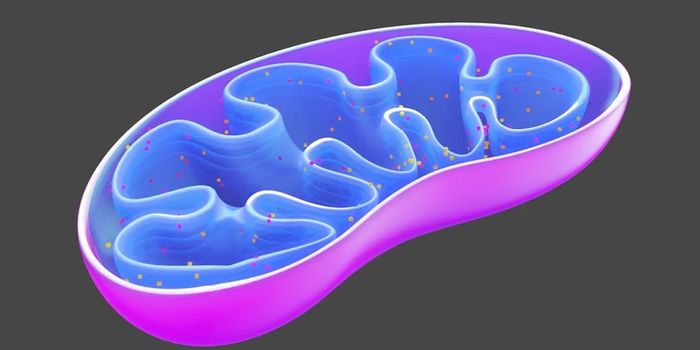A Protective Gene Turns Into a Neurodevelopmental Problem When Mutated
Human neurodevelopment is a complex process that involves at least 2,300 different genes and an array of biochemical processes. When errors arise in these genes, major problems can occur, and such mutations can be fatal. THOC2 is one of those genes; it is said to be highly conserved - it can be found in many species and is likely to be essential to health. Mutations in THOC2 can result in a variety of symptoms that are known as THOC2 syndrome. THOC2 has been known to be crucial to brain cell health; it composes a portion of a protein complex called TREX (Transcription-Export complex), which helps prevent damage to DNA and is essential to transcription. During transcription, active genes are transcribed into messenger RNA molecules, which the cell can use to generate proteins.
Researchers have now learned more about the role of THOC2 in DNA maintenance and other processes, and these insights could help scientists develop better therapeutics for some diseases. The work has been reported in Nature Communications.
In this study, the investigators developed a mouse model of a specific THOC2 mutation in which exons 37 and 38 have been deleted from the gene's sequence. These mice displayed some of the features of THOC2 syndrome, such as learning and memory difficulties, and small size and weight. Brain development and transcription in these mice was also severely impaired.
The THOC2 gene is found on the X chromosome, so THOC2 syndrome tends to impact males. Since they only have one copy of the X chromosome, they do not have another copy of genes on the X chromosome to rely on if any they carry are mutated.
"We now know more than ever before about the role THOC2 plays in maintaining healthy DNA and the essential cellular processes that are impacted by this gene, resulting in neurodevelopmental disorders," said first study author Dr. Rudrarup Bhattacharjee of the University of Adelaide. "This opens up new opportunities to explore ways to safeguard DNA and help patients with a THOC2-related disorder."
Only small changes in the sequence of THOC2 can cause "an avalanche of consequences" for carriers that impact their ability to learn and remember, as well as body size and movement, noted co-senior study author Dr. Raman Sharma, also of the University of Adelaide.
Additional research revealed that this THOC2 mutation led to DNA damage, which was seen in both the mouse model and in a stem cell model that was derived from patient cells. There was an increase in the formation of an unusual structure that is a combination of DNA and RNA, called R-loops. This mutation also caused cells to die.
The scientists noted that previous research has also indicated that lower THOC2 levels can cause vulnerabilities in cancer cells, but more studies will be needed to learn more about that connection. The accumulation of R-loops has also been previously associated with a variety of diseases, including some types of cancer and neurodevelopment disorders.
Sources: University of Adelaide, Nature Communications









